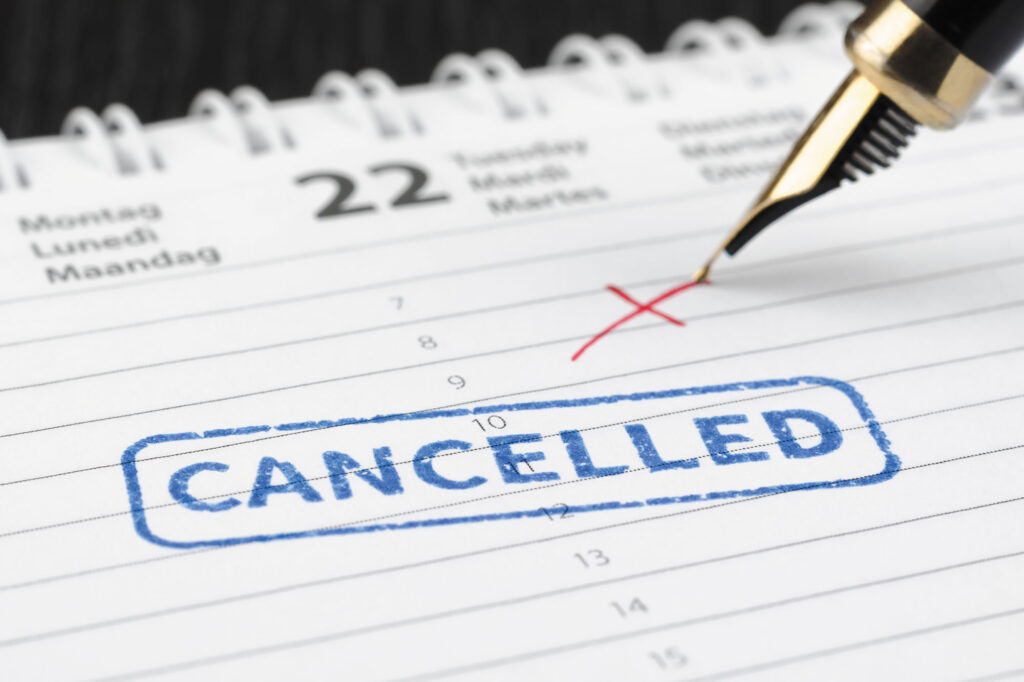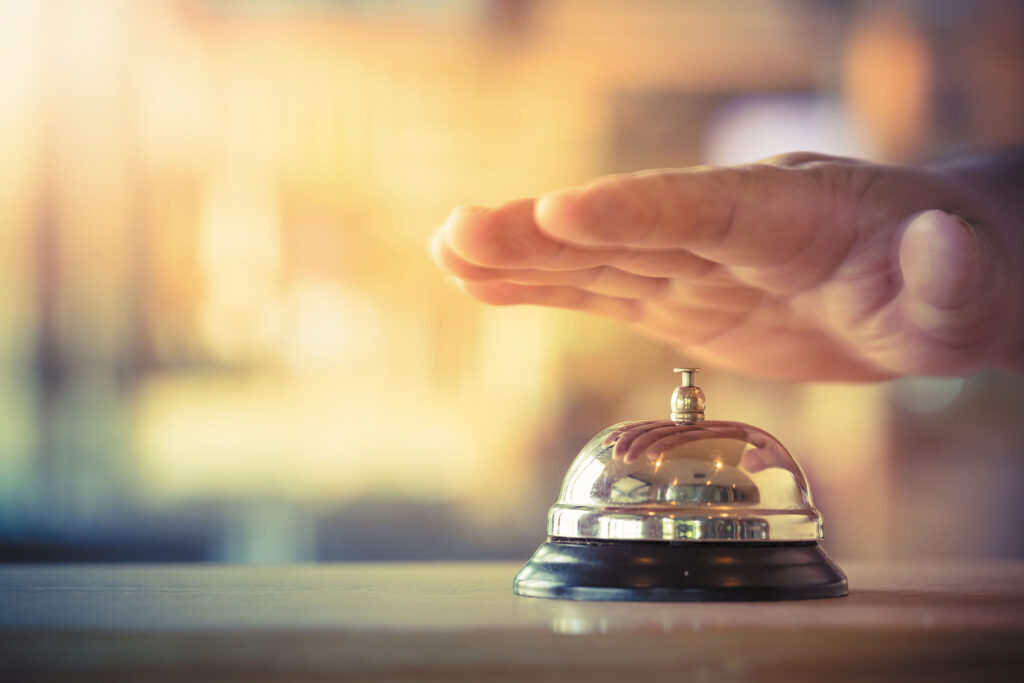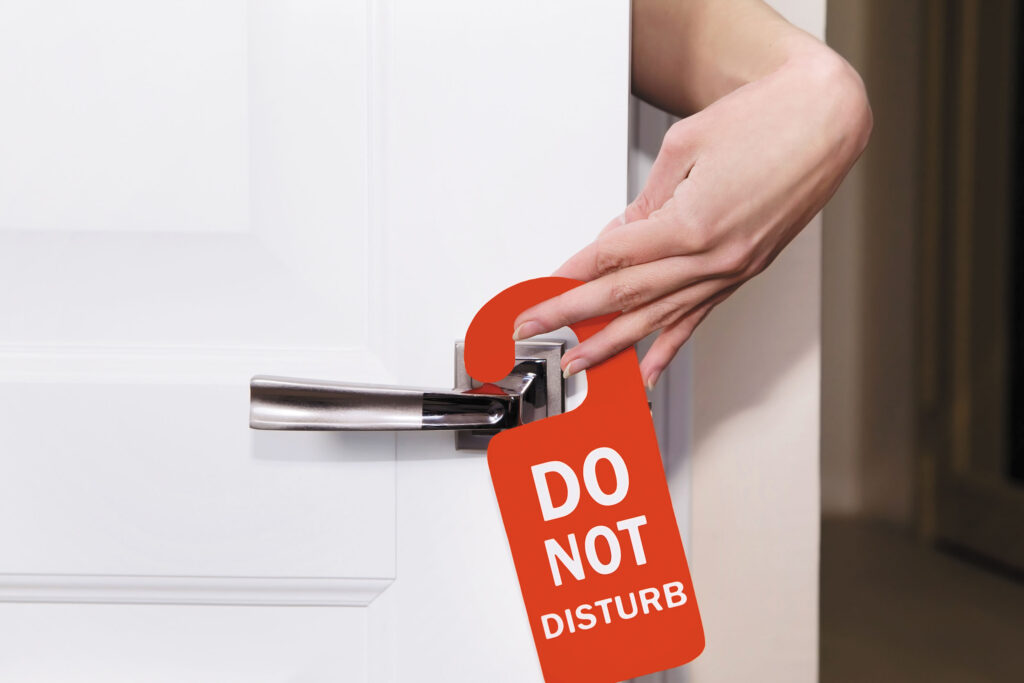Are you adjusting to changing consumer preferences as the pandemic recedes?
So much has changed since Cornell University launched its hospitality school in 1922, but in a sense, history is just repeating itself. Then as now, the world had just suffered through a flu pandemic that cost millions of lives and upended the way people interact with each other, a stark reality affecting the hospitality industry and every other business sector.
As COVID-19 gradually abates, hoteliers should recognize that guests’ preferences have changed significantly since the relatively carefree days of 2019, according to Dave Roberts, a hospitality professor at Cornell.
Formerly the senior vice president of revenue strategy and solutions for Marriott, Roberts now teaches operations, technology, and information management at Cornell. The university’s Peter and Stephanie Nolan School of Hotel Administration is celebrating its centennial this year and is ranked as the top U.S. hospitality school by websites such as College Rank and College Factual.
Roberts said the pandemic greatly accelerated several trends, including consumers’ desire to use their smartphones for just about everything. Whereas in the past the hospitality industry was built around providing a personal touch, today’s consumers want to accomplish tasks quickly and seamlessly using technology, and that convenience trumps a friendly smile at the check-in counter, he said.
Roberts points to technological advances in retail stores and restaurants, with consumers now having the ability to order items from their smartphones with just a few clicks or to request drink refills or pay their restaurant bill using tabletop kiosks. Some of these self-service options initially were seen as ways to reduce person-to-person contact and curb viral transmission, but consumers now see them as enhancements to the customer experience and want them to stay, he said.
Research into consumer psychology suggests that people enjoy the feeling of control that comes from doing things themselves quickly and easily, without having to wait for busy workers to get a free moment, Roberts said. It’s a phenomenon commonly observable at grocery stores, where some consumers will choose a self-service checkout lane even if the queues for staffed lanes are shorter, he added.
“Guest-facing technology was accelerated enormously by COVID-19 because early in the pandemic, if you didn’t have mobile check-in or key-less entry, you weren’t getting that booking,” Roberts said. “Self-service has become an expectation and a consumer preference across industries. Customers are seeing this in the retail space, and they expect it in hotels, even though it may be harder to deliver in hotels.”
TRANSPARENCY AND CLARITY
Prior to the pandemic, many hoteliers were “becoming fairly aggressive” with their cancellation policies, sometimes billing guests who backed out within three days of a scheduled stay, Roberts said. With occupancy rates high, it often made sense for hotels to give themselves extra time to sell a room after a cancellation, even if some guests would bristle at a three-day cancellation policy, he said.

CHASE4CONCEPT/SHUTTERSTOCK.COM
During the pandemic, however, hotels had little choice but to relax their cancellation policies. Now that business has picked back up, many hoteliers are starting to get aggressive again, making it vital that their cancellation policies are “crystal clear” to guests at the time of booking, Roberts said.
“Guests are looking for clarity and certainty, and when they’re shopping for a room, they don’t want to read a three-page description of what they’re getting,” he said. “They want to have things like the cancellation policy, resort fees, and parking fees spelled out upfront. That’s always been the case, but it’s more pronounced now.”
SELF-SERVE EVERYTHING

U2M BRAND/SHUTTERSTOCK.COM
Roberts points to a recent study by Zebra Global Hospitality that found that 70% of guests want to use their smartphone to speed up the check-in process and requests for services. If guests want more towels or toiletries, or have questions about amenities, they want to be able to handle those issues quickly on their phones using either QR codes displayed in their rooms, a smartphone app, or the hotel’s website, he said.
“If I need bedding for a fold-out bed, I should be able to open the app, hit a few buttons, and have it show up,” Roberts said. “What I don’t want is to go to the front desk and wait in line for someone to help me. It should be trivially easy. Guests’ expectations are higher now because other industries are actually delivering on that, and the challenge for the hotel industry is to move rapidly in that direction in terms of ease of use.”
LACK OF INTEREST IN ROOM SERVICE
The rapid adoption of food-delivery apps such as Uber Eats, Grubhub, and DoorDash has made it harder for hotel room service to compete in terms of menu options, speed of delivery and cost, Roberts said.
In most cities and towns, hotel guests now have access to a wider range of food options from local establishments with positive online reviews. In response, some hotels are making it easy for guests to order outside food by placing information about local restaurants in guest rooms. Placards in rooms display QR codes that can be scanned to access menus and to order online.

VOLKOVA VERA/SHUTTERSTOCK.COM
Last year, Grubhub made news by inking a deal with Resorts World Las Vegas to become the sole provider of food delivered to rooms or common areas such as pools. The Grubhub app knows if you’re at the hotel and has custom delivery options available, according to the hospitality news outlet Skift.
For hotels facing a labor shortage, rising wages, and increasing costs for food ingredients, such arrangements may offer considerable savings. Outsourcing food delivery also allows Resorts World Las Vegas to focus on more profitable areas, such as alcohol sales at its numerous bars.
This trend also ties into the broader movement toward self-service, Roberts said. Instead of room service, guests are showing a clear preference for grab-and-go food options and convenience stores in the hotel lobby, he added.
“Room-service delivery tends to be a money loser for hotels, and it’s increasingly not even that appealing to guests, so I think we’re going to see these trends continue, and fewer and fewer hotels are going to offer actual room service,” Roberts said. “The nuance there is that if you’re at a luxury resort, you don’t want Uber Eats flying through your lobby all the time – that’s not a good look. But at most other hotels, it’s fine, and especially for select-service hotels.”
Spotlight on… amenities
 Hotels.com regularly analyzes search data on its website and mobile app to identify the amenities that appeal most to consumers. Here are nine key findings:
Hotels.com regularly analyzes search data on its website and mobile app to identify the amenities that appeal most to consumers. Here are nine key findings:
 PRIORITIZING SELF-CARE
PRIORITIZING SELF-CARE
At the height of the pandemic, bathtubs were the most frequently searched-for hotel amenity, and searches in 2022 are up 25% compared with 2019. Similarly, searches for hotels with spas are up 35% this year.
 LET’S GO SKIING
LET’S GO SKIING
Last winter, searches for ski-in/ski-out hotels were up 50% vs. 2019 levels, and interest in properties with ski shuttles and storage was up 20%.
 HOME-COOKING AT HOTELS?
HOME-COOKING AT HOTELS?
Searches for hotels with kitchens are up 15% this year, and early in the summer, kitchens ranked third on the list of the most sought-after amenities.
 WE DIDN’T COME HERE TO WORK
WE DIDN’T COME HERE TO WORK
In a surprising finding, searches for hotels with free Wi-Fi are down 50% from pre-pandemic levels, while searches for properties with business facilities are down 40%. The numbers reflect the consensus that while leisure travel has returned in a big way, business travel hasn’t.
 BRINGING THE WHOLE FAMILY
BRINGING THE WHOLE FAMILY
As families take their first vacations in several years, searches for hotels with cribs are up 65% this year, while searches for properties with childcare are up 45%, and connecting rooms are up 20%. Interest in pet-friendly hotels also has increased 35% this year.
 HITTING THE GYM
HITTING THE GYM
Searches for hotels with fitness centers were down 30% last year, but in 2022, those searches have risen by 65%.
 THE MOST IMPORTANT MEAL OF THE DAY
THE MOST IMPORTANT MEAL OF THE DAY
Searches for properties with free breakfast are up 75% this year as hotels reopen their hot-breakfast buffets and eschew prepackaged meals, which were seen as a way to prevent the spread of COVID-19 at hotels. Early in the summer, free breakfast ranked as the No. 2 most-important amenity among visitors to Hotels.com.
 DIVE RIGHT IN, THE WATER’S FINE
DIVE RIGHT IN, THE WATER’S FINE
During the pandemic, many hotels limited access to communal amenities such as pools, but entering this summer, pools were the most-sought-after amenity at hotels.
 FOCUSING ON FREE PARKING
FOCUSING ON FREE PARKING
Searches for properties with free parking are up 43% this year compared with 2021, which was a record year for road trips, indicating that vacationers were gearing up for summer car travel. As hoteliers get ready for the post-pandemic new normal, here are three guest preferences to be mindful of, according to Roberts.




